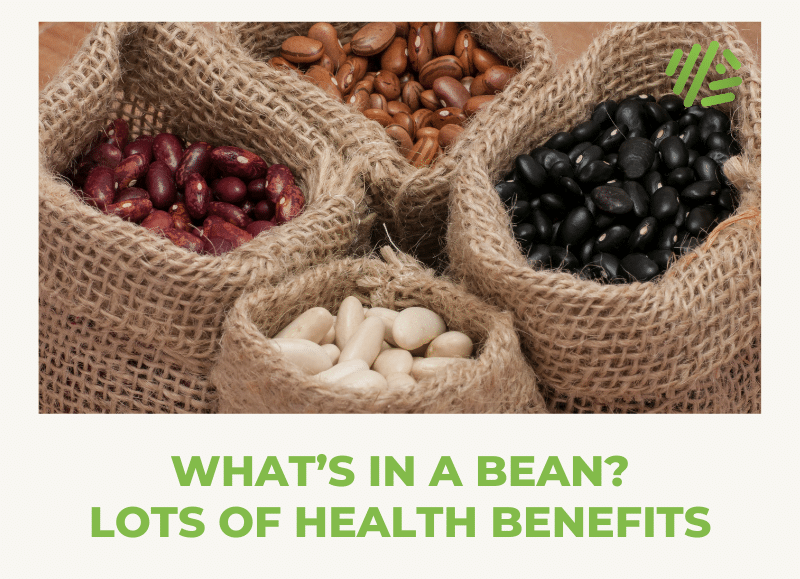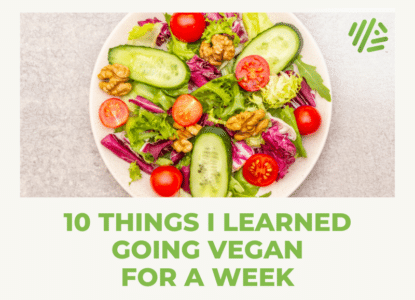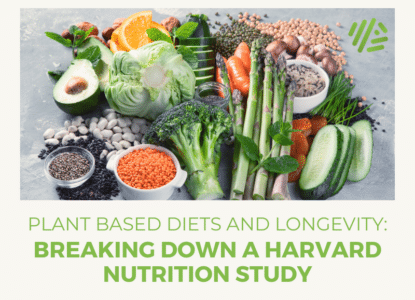Beans and Blue Zones: How Healthy Are Beans, Anyway?
Article at a Glance
- Many people suffering from IBS and other digestive disorders have trouble digesting beans. Nonetheless, beans, when tolerated confer several health benefits and are eaten by some of the longest lived people in the world.

Contents
You’ve heard the rhyme “beans, beans, they’re good for your heart,” which is true — but that’s not even the half of it. Beans are part of the legumes family, which includes peas and lentils. They’re cheap, you can use them a lot of different ways, and they’re an excellent source of protein and fiber, particularly for people who adhere mostly to a plant-based diet. At Gene Food, we’re here to spill the beans on … well, beans.
Beans and Blue Zones
Almost all of the people in the Blue Zone eat beans every day. If you haven’t heard of the Blue Zone diet, it’s what the “world’s healthiest people” eat. They live in five regions in Europe, Latin America, Asia, and surprisingly, the U.S.
People in the Blue Zones have the highest concentration of centenarians — people who live to 100 — in the world. So, what do these people do differently? In order to qualify as a Blue Zone community, its residents must generally not be affected by obesity, diabetes, cancer, and other chronic illnesses. After researchers studied and interviewed centenarians in blue zones, they found them to have these things in common:
- They drank alcohol moderately, but regularly — up to 2 glasses a day;
- They ate their smallest meal of the day in the late afternoon or early evening;
- They stopped eating once they felt about 80% full;
- And they ate mostly plants, especially beans.
In these regions, beans are considered a top longevity food. But why? See also: Do plant-based diets help us live longer? Separating fact from fiction
Bean health benefits
Many Blue Zone centenarians eat about a cup a day of fava beans, chickpeas, lentils, or other legumes. That’s because they help lower blood sugar and blood pressure, lower our heart rate, and decrease our risk of heart disease and diabetes. The high fiber content of beans also may improve our gut health and lower our risk of colorectal cancer. 1 Simply said, beans have a ton of health benefits. They’re a top source of plant protein while remaining low in fat and are loaded with fiber, iron, calcium, folate, B vitamins, zinc, potassium, and phosphorus. Additionally, they’re one of the only plant foods that provide a significant amount of the amino acid lysine, in addition to a wide range of antioxidants. Although low in calories, beans help you feel full and provide a steady source of energy for your body. 2 3 Let’s quickly break down a few of the specific areas where beans are beneficial to our health and may help us even live longer.
Diabetes
Plant-based diets, including healthy servings of legumes, have been shown to decrease the risk of type 2 diabetes. Because of their low glycemic index, beans can improve glycemic and lipid control for people who already have diabetes. 4
Cardiovascular disease
Regular consumption of beans can help lower cholesterol and help us manage our blood pressure. In one study, 113 obese subjects replaced refined carbohydrate foods with two servings of legumes and four servings of whole grains daily for 18 months and saw reduced blood pressure, triglycerides, weight, and waist circumference. 5
Weight loss
Because the fiber in beans helps us feel full, it can aid in weight loss. According to data from the National Health and Examination Study, people who eat beans have higher intakes of dietary fiber, potassium, iron, and copper. Their improved nutrient intakes could also be why bean eaters have lower body weights and smaller waists. 6
Cancer
Although the above benefits are stronger than the link between bean intake and reduced cancer risks, some studies have shown a possible decrease in pancreatic cancer and a lower risk of colorectal polyps. 7 8 Beans’ antioxidant and anti-inflammatory properties can help reduce oxidative stress, which we know leads to cancer. 9
Beans and fiber
Beans are a great source of fiber, which helps regulate our bowel movements. Fiber is good for our digestive system in other ways — it may even help prevent certain types of digestive cancers. People who have a healthy intake of fiber are at a lower risk of developing coronary heart disease, stroke, hypertension, diabetes, obesity, and gastrointestinal disease. Unfortunately, most Americans only consume about half their daily fiber needs. 10 Women should consume 25 g of fiber per day, while men should consume between 30 to 38 grams. Beans are one of the highest sources of dietary available, with navy beans topping the list just under high-fiber cereals. 11 A half-cup of beans provides 5.2-7.8 g of fiber compared to the same serving of whole grains, which provides just 1.7-4 g of fiber. A half-cup of beans also contains up to 2.4 g of soluble fiber, which can reduce LDL cholesterol. 12
Beans by type
There are a lot of beans out there, but we’ll just go into the specific health benefits and nutritional data of a few key ones.
Bean nutritional breakdown
| Type | Calories (1 cup) | Protein | Fiber | Folate |
|---|---|---|---|---|
| Adzuki beans | 294 | 17.3 g | 16.8 g | 278 mcg |
| Black beans | 227 | 15.2 g | 15 g | 256 mcg |
| Kidney beans | 225 | 15.3 g | 11.3 g | 230 mcg |
| Lentils | 230 | 17.9 g | 15.6 g | 358 mcg |
Adzuki beans
Adzuki beans are particularly known for their potential to reduce nonalcoholic fatty liver disease. A study of mice that consumed adzuki beans after being on a high-fat, high-cholesterol diet found reduced triglycerides, fasting blood glucose, and cholesterol 10 weeks into their new diet. 13
Black beans
Black beans are a popular addition to many of our favorite meals. They’re incredibly versatile (and even used in brownie recipes to make them healthier) and will fill you up with fiber. One cup of cooked black beans contains 15 grams of fiber, which is about half our daily recommended amount. Black beans also have one of the highest antioxidant activities of the legume family, with the greatest potential to ward off colon cancer, and have been shown to improve gut health in mice studies. 9 14 15
Kidney beans
Kidney beans aren’t just a toss-in for chili, but they are one of the most-consumed beans in at least one study that showed a 65% reduction of colorectal polyps by bean eaters. 16 White kidney beans also have been shown to prevent the spread of cancer cells. 17
Lentils
Lentils technically aren’t a bean, but a legume. One benefit of lentils is that they’re more easily prepared when dry, as they don’t need to be soaked before cooking like beans. Lentils can be particularly healthy for pregnant women, as one cup contains about 360 mcg of folic acid — 90% of their daily needs. Lentils also contain the cancer-fighting mineral selenium, which isn’t found in most other foods but can prevent inflammation and reduce tumor growth. Selenium also can counteract arsenic toxicity that affects millions of people with poor access to clean drinking water. 18
Beans and lectins
As Dr. Gundry of Plant Paradox fame has pointed out, due to high lectin count, not everyone can digest all beans, so keep an eye on your tummy as you venture into the land of legumes. Lectins are the built in defense mechanism of plants, and they can make some people sick. Since beans contain lectins, the way they are prepared is crucial. When eating beans, ensure they have been soaked overnight and that the water they were soaked in has been discarded. Slow-cooking beans or cooking them in a pressure cooker will also destroy lectins. (If you eat canned beans, those are already cooked, but since they’re often cooked in the can and effectively soaked in their lectins, many people are sensitive.)
And of course because of its high fiber content, “the magical fruit” can make us gassy and lead to some intestinal discomfort. People with irritable bowel syndrome generally tend to stay away from beans, though fiber in certain doses helps with digestion and may actually prevent IBS and constipation. Starting slow with beans, if they are new to your diet, should help reduce symptoms, in addition to chewing beans fully before swallowing. Some people also may be allergic to beans or other legumes, like peanuts and soy, so be sure to watch for any allergy symptoms and reduce or eliminate your consumption as appropriate.



